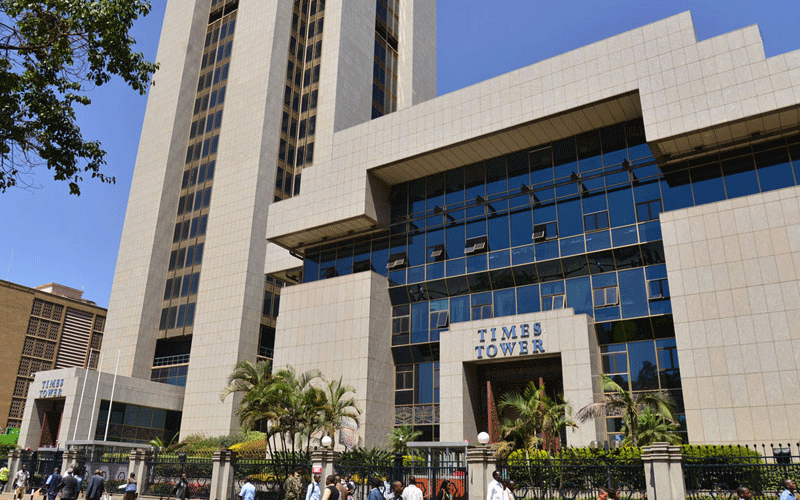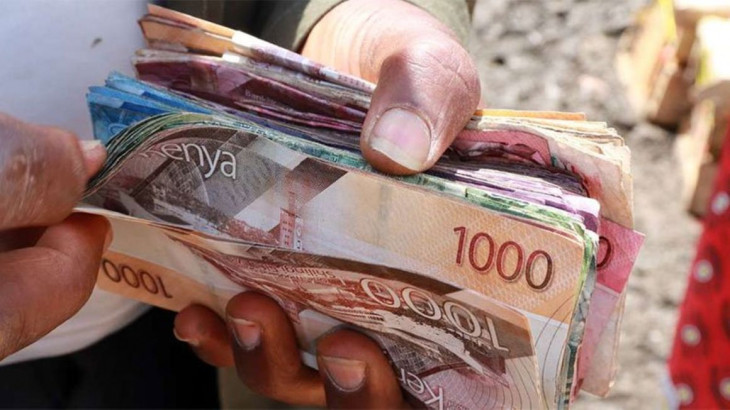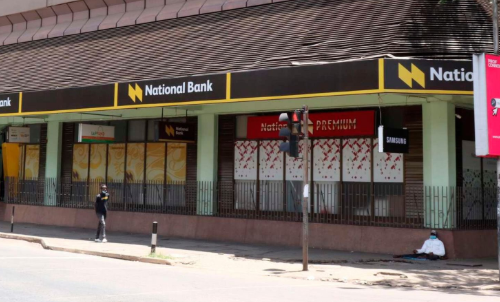Banks likely to raise cost of credit, experts caution

Kenya Revenue Authority’s move to stop banks from deducting provisions for bad loans from their taxable income could force banks to raise the cost of credit, analysts say.
They say this could make banks write off their bad loans too fast and in the process raise the cost of credit to take care of the risk.
The taxman has in the past said banks had denied it up to Sh4.6 billion in taxes by stating non-existent loan loss provisions.
Domestic Taxes Department in a statement said the banks have since disputed some Sh3.4 billion.
“We have since found Sh4.6 billion to have been at risk of being false. Of this, Sh1.2 billion has been confirmed as due and payable to KRA but the case is under appeal,” the agency said.
PWC said in its Financial Focus Report 2021 that Kenya Revenue Authority (KRA) needs to understand that the Covid-19 pandemic has inflated the need to provision for bad loans and that its demand fly in the face of Central Bank of Kenya (CBK) and International Tax guidance.
“Kenya Revenue Authority is mandated to collect taxes from banks, but KRA’s position seems to be inflexible in the context of banks’ loan recovery challenges,” said PWC.
Faida investment bank operations director Rina Hicks, however, said that there is a formula for arriving at the size of bad loans and all banks should not be made to pay for the crimes of a few.
“That is unfair, it is actually possible to determine the size of bad loans based on a method provided by the central bank,” she said.
“This move will just get banks to write off bad loans faster and restate if recovered.
Also it will tighten credit standards and cost of risk – which means banks would need to ask for higher interest to offset the risks,” said Mohammed Wehliye, advisor to the Reserve Bank of Saudi Arabia.
Wehliye says the move was very myopic, adding it is the loan consumer who suffers at the end of the day.
“If banks pay taxes on provisions this year, will they get the credit back next year when they write off the loans? Playing games with taxes?,” he said.
The move by KRA comes after banks increased their provision for bad loans significantly last year in what some said was a move by banks to reduce their tax liabilities.
Mounting defaults
Kenya’s tier-one banks increased their provisioning for bad loans by Sh50 billion in the nine months to September 2020 which they linked to mounting defaults caused by the Coronavirus pandemic.
Large banks, which control 73 per cent of the sector’s total loans, set aside Sh68.3 billion to cater for expected defaults in the period from Sh18 billion in the same period last year, reflecting a 276 per cent rise in one year.
However, bank critics say the taxman is going for money that banks hide as loan loss provision to reduce their tax burden.
Speaking in defense of the taxman, Kimathi Mwirichai, a finance consultant said: “The provision for bad debts will not be allowable in the computation of banks’ taxable income.
It is not that the provisions will be taxed. Expenses are not taxable.They are either allowable or is disallowable.”
The taxman in 2017 hit eight commercial banks it said to have evaded tax by over-providing for bad loans with a multi-billion shilling demand, setting shareholders up for possible erosion of earnings from their investment.
KRA said the banks had denied it an estimated Sh4.6 billion in tax revenue by reporting excess loan loss provisions to reduce their tax burdens.















